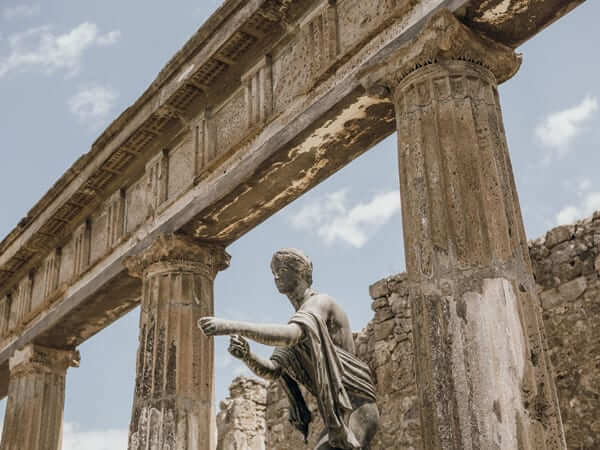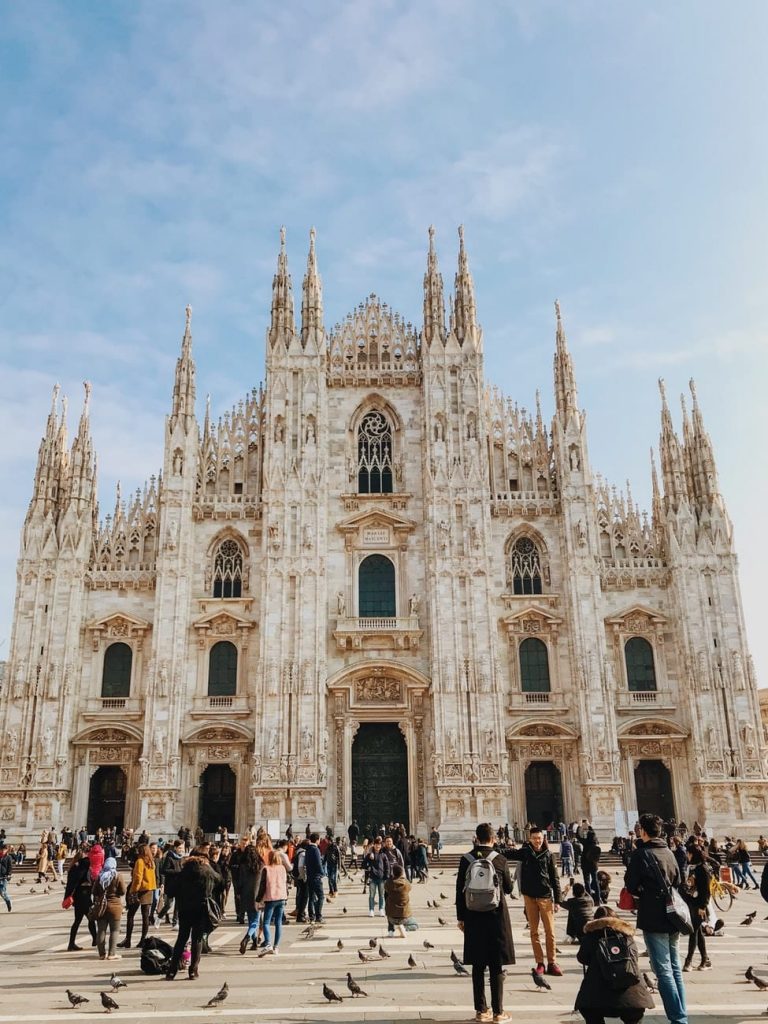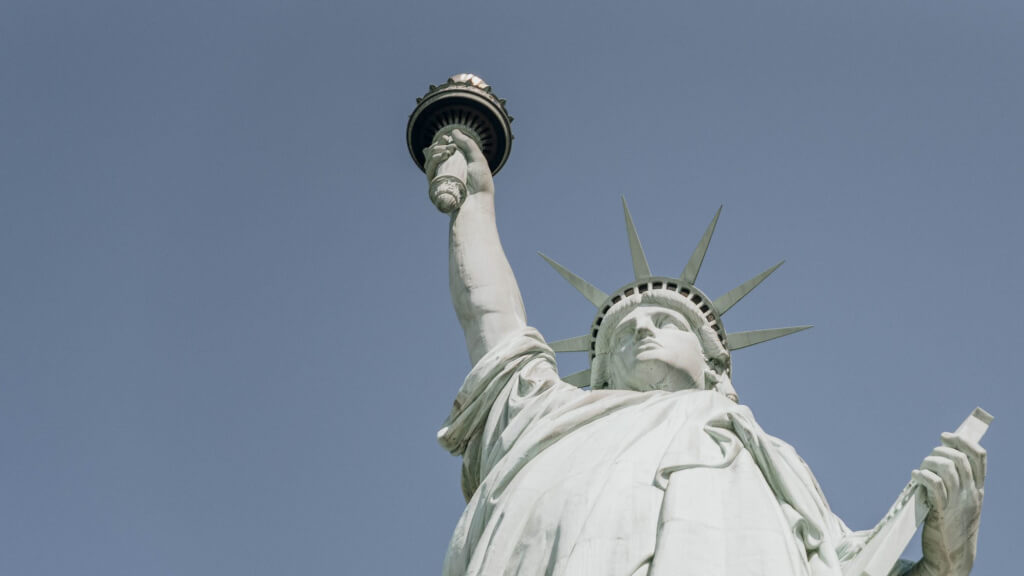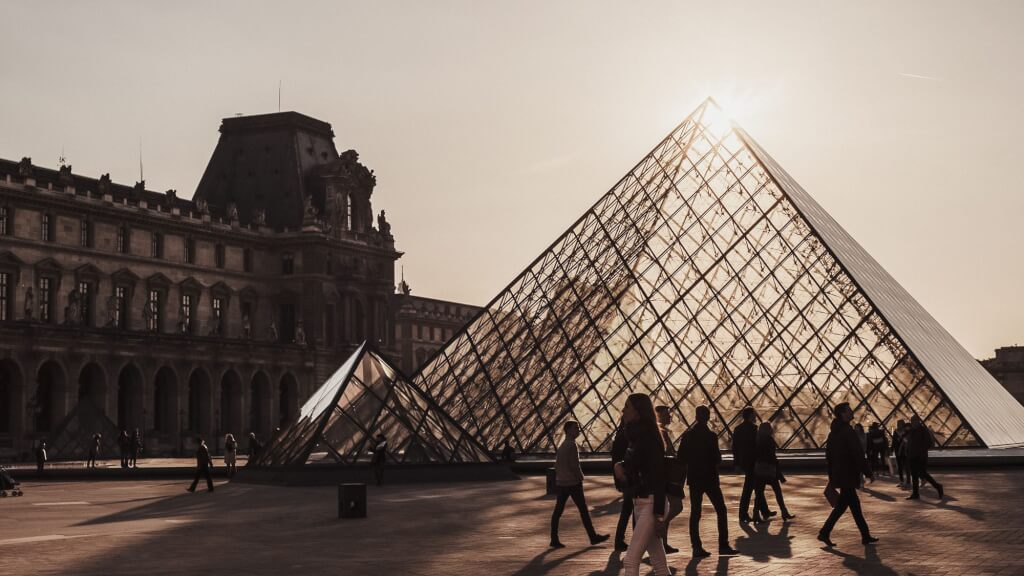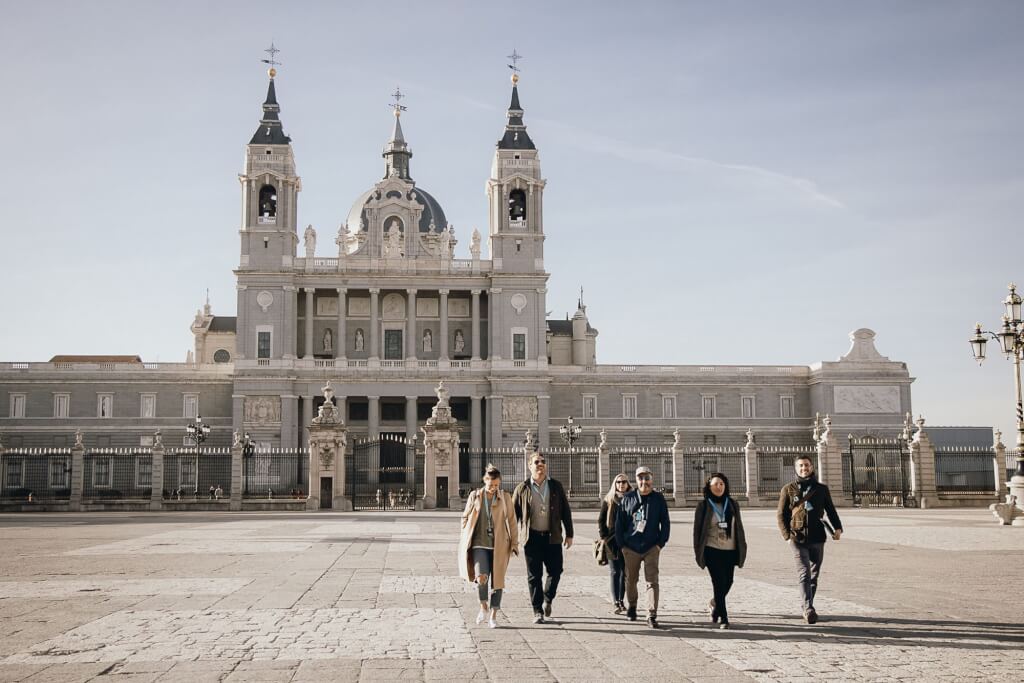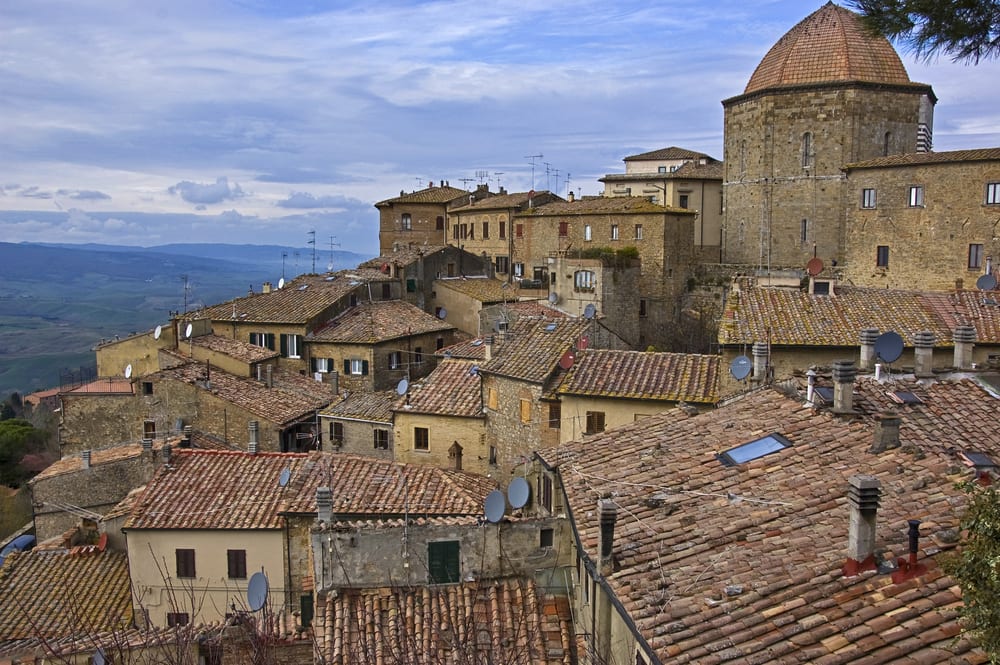
The Top Towns in Tuscany: Lucca, Siena, Chianti, Pienza, & More
September 19, 2025
Much more than the home of Florence or the rolling Italian countryside, Tuscany is also the home of some of Italy’s most beautiful, and fascinating towns. Whether you’re considering a day trip from Florence, or just hoping to make your base in Italy somewhere a little more off the beaten track, here are some recommendations of our top towns in Tuscany to explore.
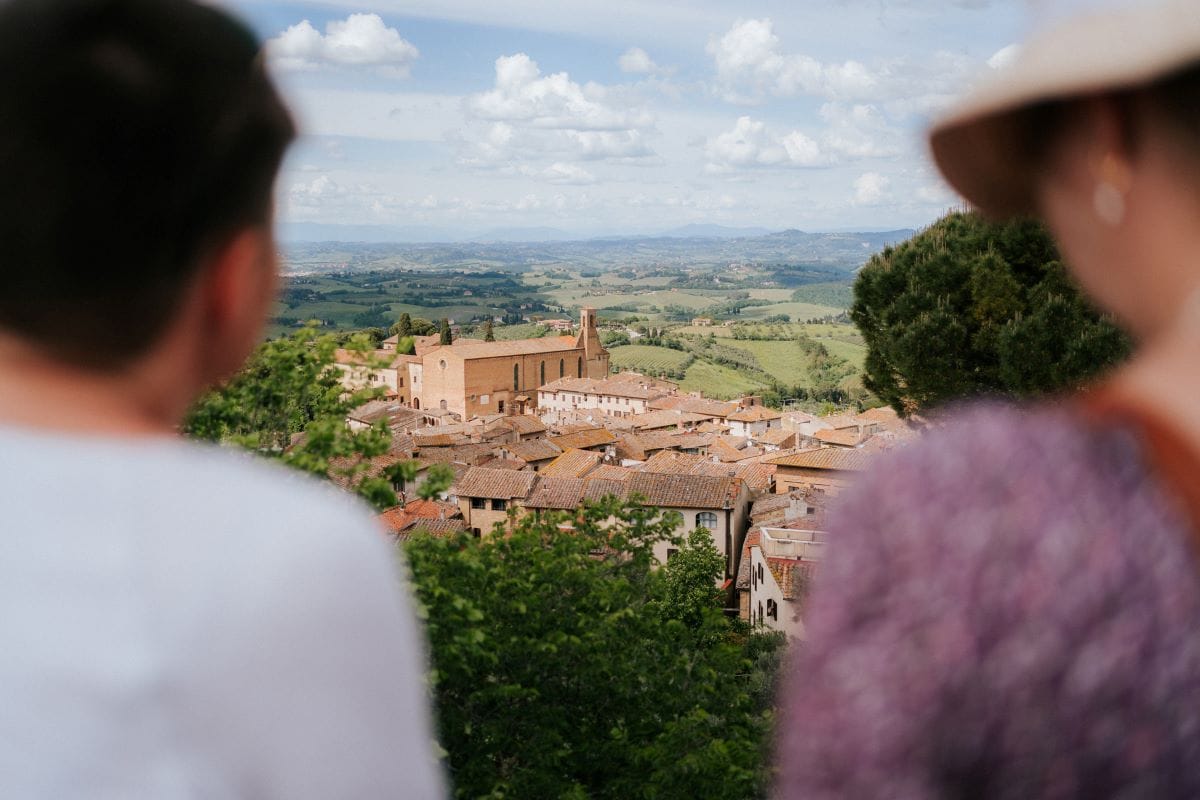
Tuscany is full of beautiful villages you’ll love exploring.
Table of Contents
ToggleLucca
In a word, Lucca, located just an hour’s drive west from Florence, is lovely and definitely deserves the title as one of the top Tuscan towns. Graced with medieval streets and a ring of Renaissance-era fortification walls – today, a bike and walking path – Lucca’s architecture is some of the most exquisite in Tuscany.
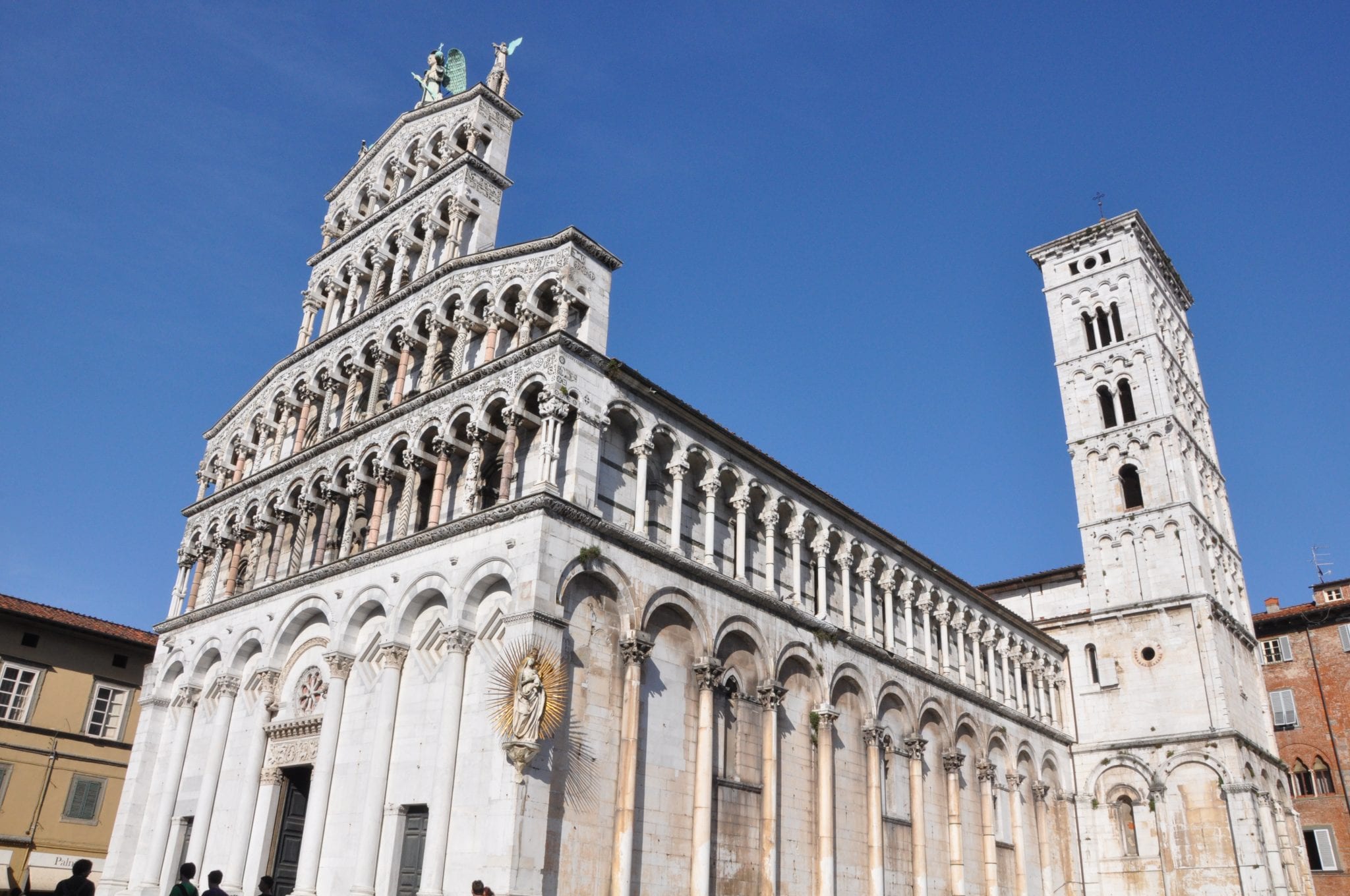
Lucca’s architecture is simply incredible, including the famous Duomo.
If you think Florence’s Duomo is elaborate, just wait till you see Lucca’s Duomo or its Church of San Michele in Foro, which look like they were created out of icing! And don’t miss the Piazza Anfiteatro, a ring of medieval buildings on the site of an ancient Roman amphitheatre (some of it still remaining). Here, too, is where the composer Giacomo Puccini was born.
Siena
It’s easy to fall in love with Siena. This thoroughly-medieval city has so much to offer, and it’s not surprising that more and more people are choosing it as a Tuscan base. It is only a short 1 hour’s drive south of Florence, and throughout history (particularly during the 13th to 15th century) it has been considered as Florence’s main rival. This may explain why the 320-foot-tall tower built on top of the Palazzo Pubblico, Siena’s town hall, is just 12 feet taller than the tower of Florence’s Palazzo Vecchio… you can bet that was done on purpose!
Most of Siena revolves around its 13th-century main piazza, Il Campo, which is unlike any other public space in Italy. (It is also where the world-famous Palio horse races are held twice yearly).
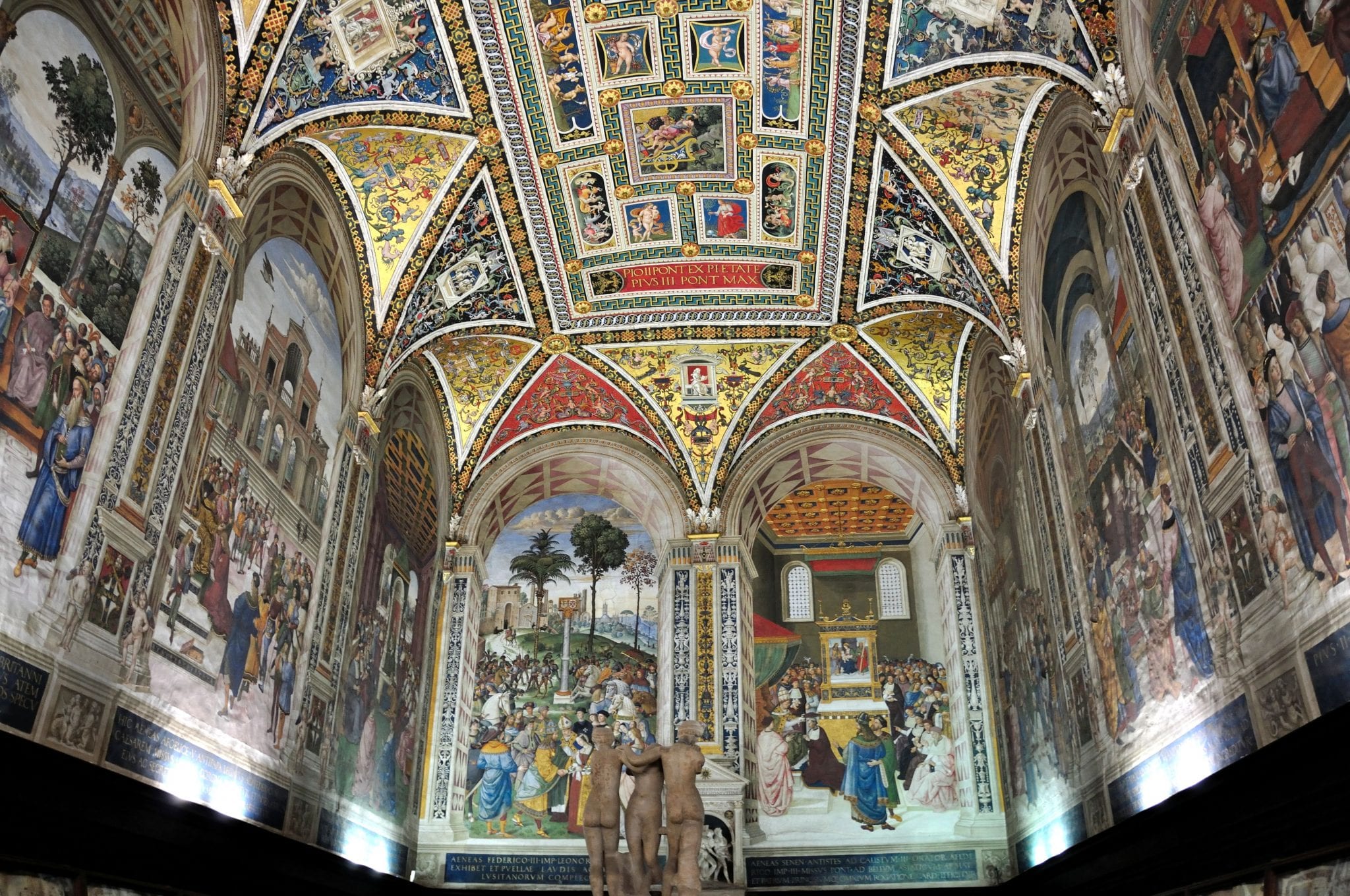
Visit or stay in Siena, in central Tuscany, and marvel at the stunning Piccolomini Library in the Duomo of Siena.
Don’t miss the Palazzo Pubblico and its gorgeous frescoes, or the incredible Duomo, one of Italy’s most jaw-dropping churches. Here, too, is where the famous St. Catherine was born, and you can still visit her family home and even see her head in the Church of San Domenico (eek!). If you’re planning a trip to Siena, read our blog on what to do in Siena.
Chianti
Nestled between Florence and Siena, Chianti is one of Tuscany’s most iconic regions, and probably most famous for its world-renowned wine. But visiting Chianti means more than just sipping a glass of Chianti Classico—it’s about wandering through charming stone towns, exploring olive groves and vineyards, and soaking up breathtaking views.
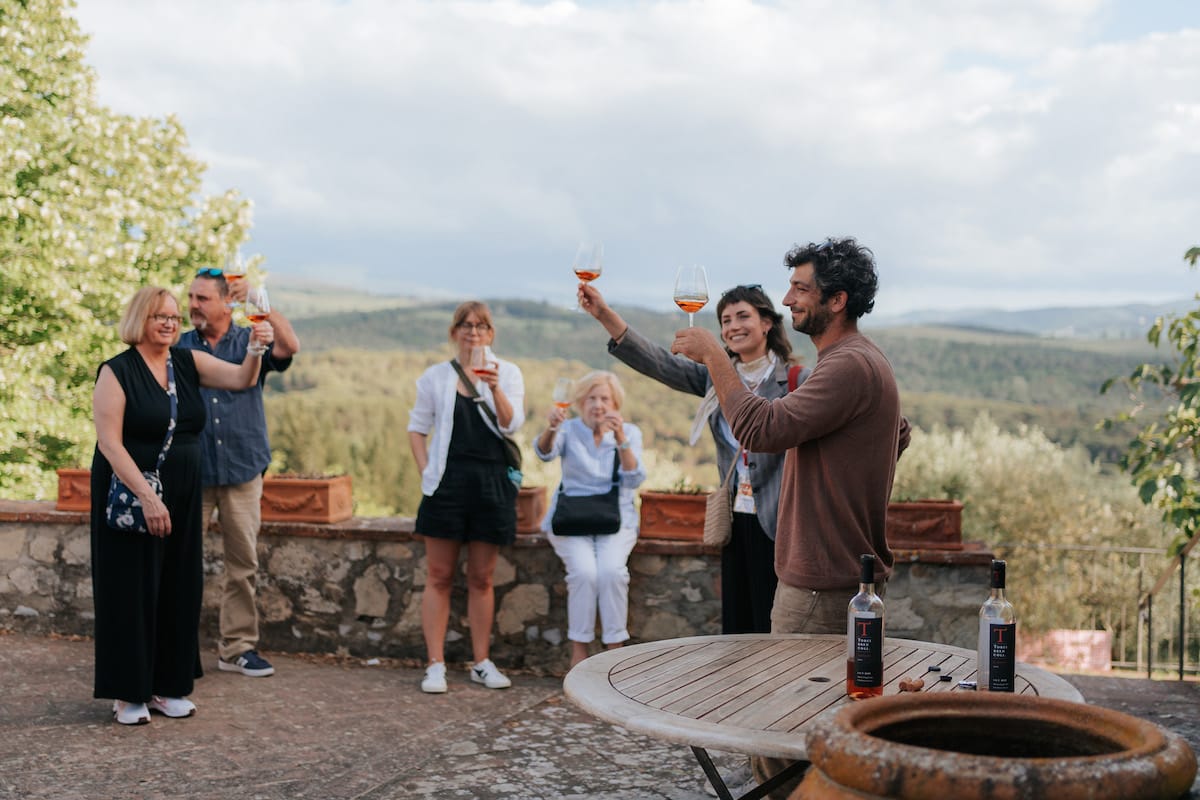
Cheers to a perfect wine-tasting trip in Chianti!
With its mix of history, authentic Tuscan cuisine, and scenic drives, Chianti offers the perfect blend of relaxation and culture, making it a must-visit for anyone traveling to Tuscany.
Pienza
Located in the gorgeous Val d’Orcia (a hilly region renowned for its hiking), Pienza itself is such a gem, it’s been named a World Heritage Site by UNESCO. It’s also where Zeffirelli filmed Romeo and Juliet.
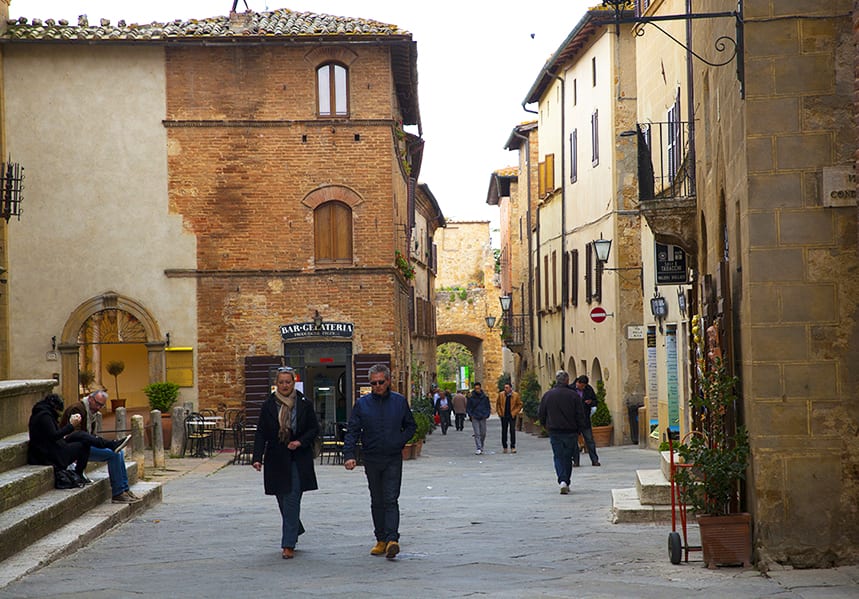
Stroll through the quaint and quiet streets of Pienza and soak in the history of it´s interesting past.
Pienza’s history is a little odd: Pope Pius II was born here, and after becoming pope, he in 1458, he had the town completely rebuilt as an ideal Renaissance town. Vain? Yes. But also the reason for Pienza’s stunning architecture and harmonious layout. Only 2,500 people live here today, giving it a little bit of a wistful, romantic air.
Pitigliano
Pitigliano is one of those towns that makes you wonder: “What on earth were these people thinking?” Built into tufa cliffs high in the sky, the village looks like it’s actually hovering above you as you approach. Tiny and tranquil, the town doesn’t boast just spectacular views, but also has a rich history.
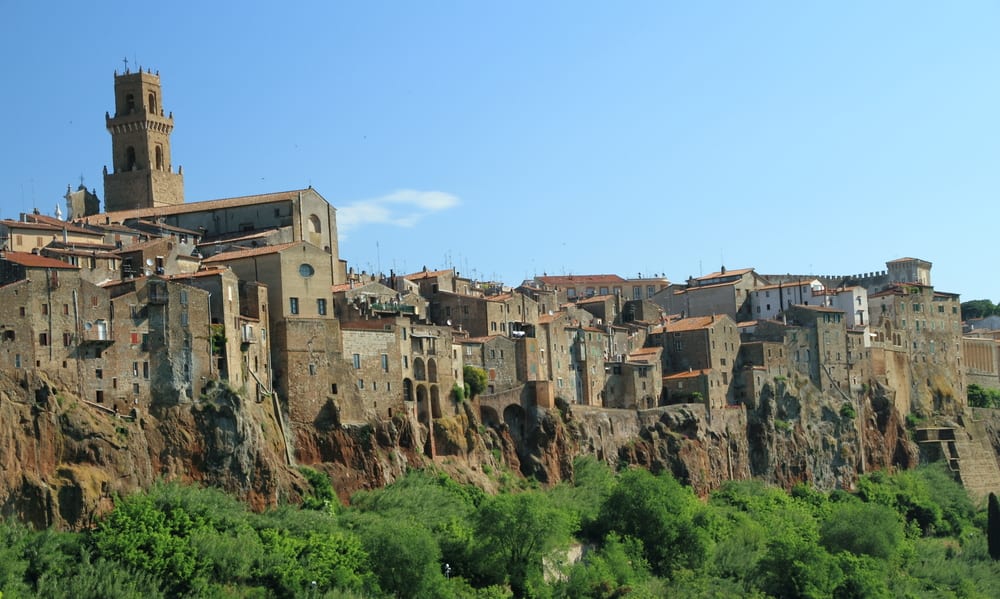
Pitigliano is a cliffside village and is referred to as “Borghi più belli d’Italia”, one of the most beautiful villages of Italy.
Thanks to its ties to the Jewish community, it’s also called “Little Jerusalem.” Jews started moving here from Rome in the 13th century, and by 1860, one-third of the town was Jewish. Tragically, during World War II, most Jewish residents fled for safer hiding places, and today, there are hardly any Jewish inhabitants. But the old Jewish quarter, synagogue, and Jewish Museum remain, testaments to this once-thriving culture.
San Gimignano
Known as the “Town of Fine Towers,” San Gimignano enchants visitors with its striking medieval skyline, cobbled streets, and lively piazzas. This UNESCO World Heritage Site is also a haven for artisan goods—think hand-crafted ceramics, leather, and local wines—making it the perfect place for a little shopping.
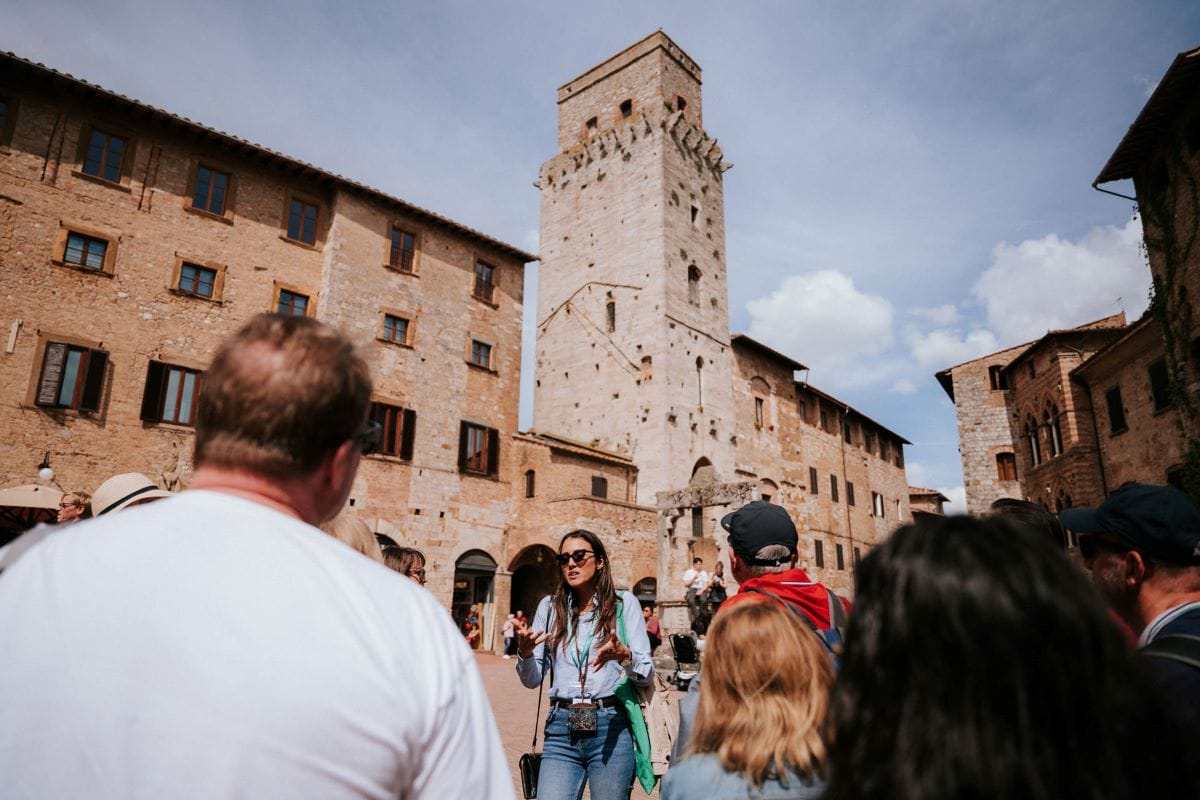
San Gimignano: medieval towers, artisan shops, and famous gelato!
And no visit is complete without tasting its world-famous ice-cream, or gelato. A stop in San Gimignano is a sweet mix of history, culture, and unforgettable flavors.
Volterra
Thanks to the Twilight series, Volterra’s been put on the tourism map. But thankfully, it is still one of more tranquil towns to visit in Tuscany which happens to boast medieval, winding streets and gorgeous views from its hilltop perch.
Volterra’s roots date back to an 8th century B.C. Etruscan settlement; big parts of the defensive wall they built in the 4th century B.C. are still standing, as is the 3rd century B.C. gate into the city! There are also remains of an ancient Roman amphitheatre and bathhouse, as well as the renowned Museo Etrusco Guarnacci, boasting numerous Etruscan finds from the area.
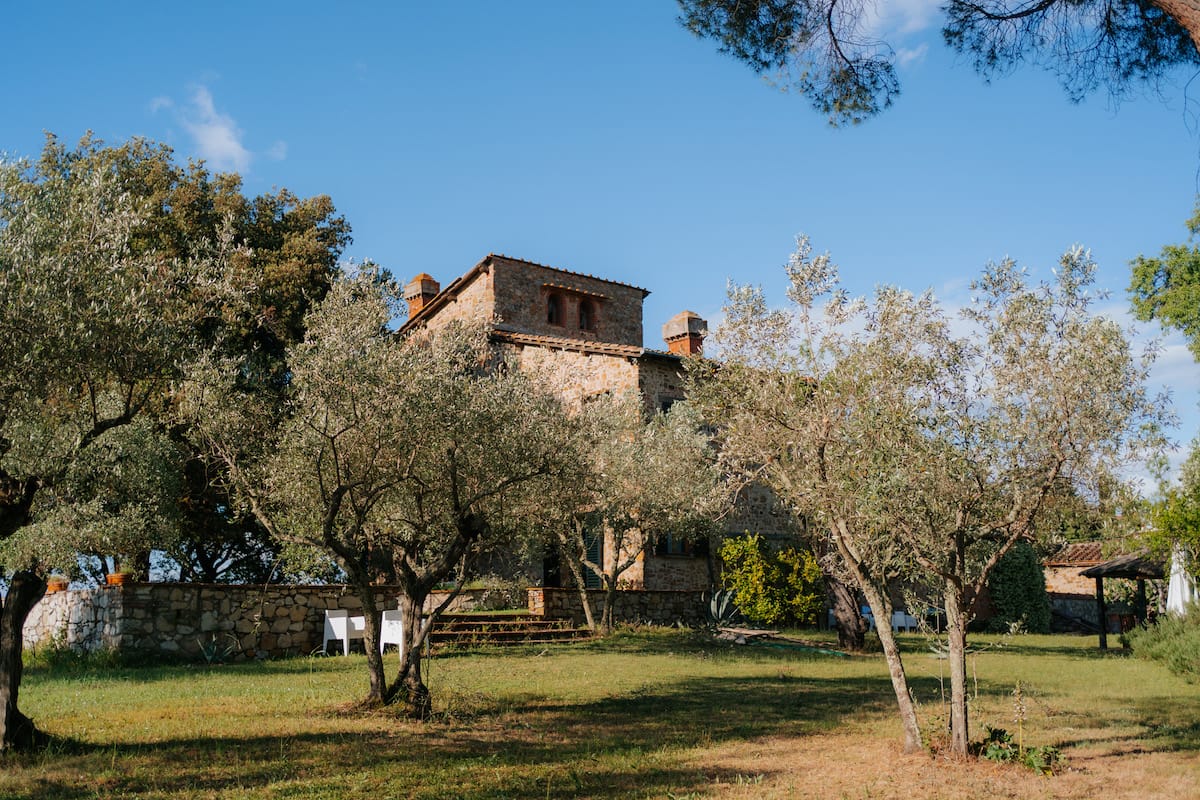
Go off the beaten path to enjoy hidden gems in the top towns in Tuscany.
FAQ´s – Top Towns in Tuscany
What’s the best way to travel between Tuscany’s towns?
If you’re sticking to major cities like Florence, Pisa, and Siena, trains and regional buses are reliable and affordable. But many smaller gems—like Pitigliano, Pienza, and Volterra—are much easier to reach by car. Renting a car gives you freedom to explore the countryside at your own pace, especially if you want to take scenic drives through the Val d’Orcia or stop off at hidden villages along the way.
When is the best season to visit Tuscany’s smaller towns?
Spring (April–June) and fall (September–October) are ideal for exploring Tuscany. In spring, you’ll find wildflowers blooming in the hills and mild, sunny weather. Autumn brings golden vineyards, truffle festivals, and a cozy atmosphere in smaller towns like Pienza or Lucca. Summer can be lively but hot and crowded, while winter offers fewer tourists, festive markets, and lower prices.
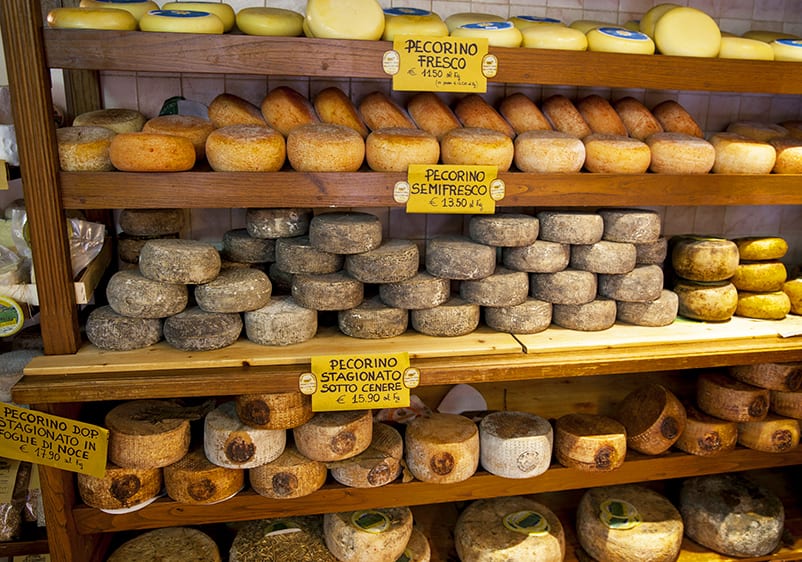
Pienza is famous for its pecorino cheese – be sure to buy some when you visit!
What foods should I try when visiting Tuscan towns?
Tuscany is a food lover’s paradise, and each town has its own specialties. In Siena, try pici pasta with hearty meat sauces; in Pienza, sample the famous pecorino cheese; Lucca is known for rustic soups like farro; and Pitigliano offers unique Jewish-influenced dishes. Pair your meals with local wines—Chianti from Siena’s surroundings or Vino Nobile in Montepulciano.
Are there seasonal festivals worth timing my trip around?
Yes! Tuscany’s towns come alive with seasonal events. Siena hosts the Palio horse race in July and August, San Miniato celebrates its white truffle festival in November, and wine harvest festivals take place throughout Chianti in the fall. Visiting during these times gives you the chance to experience local culture, food, and tradition in a truly memorable way.
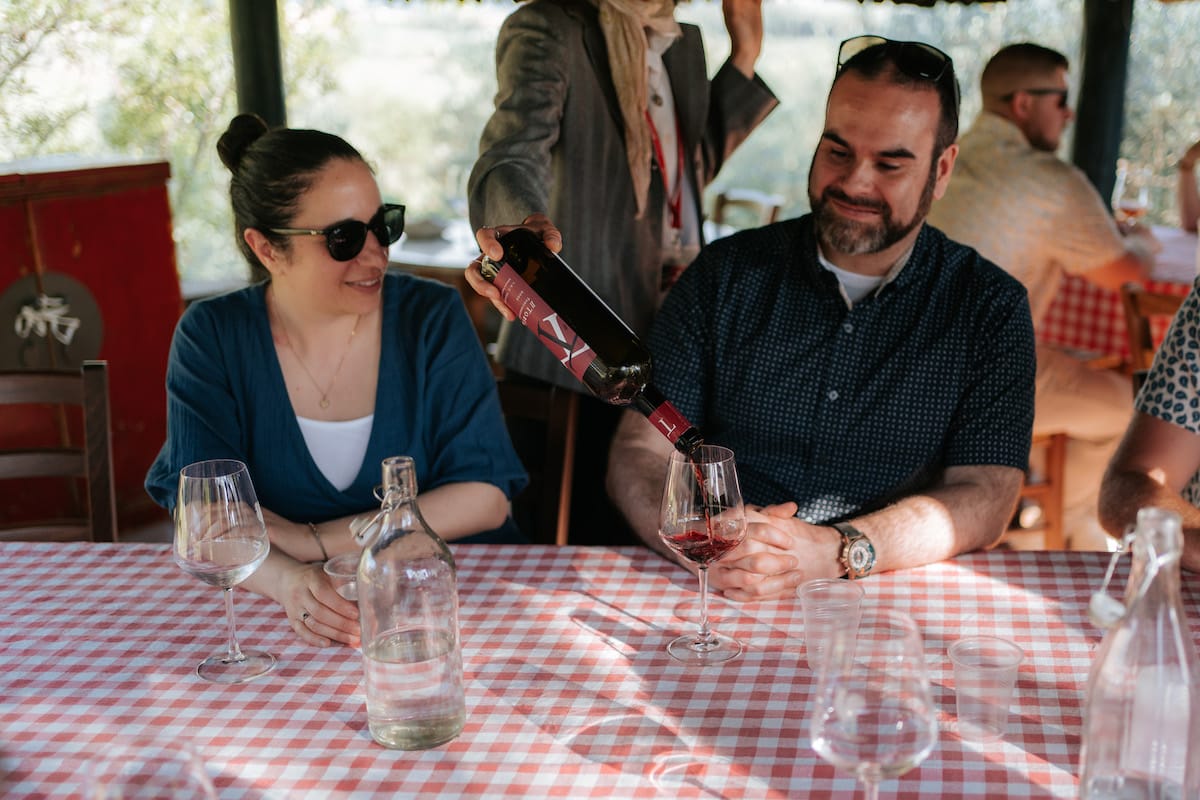
These towns are some of the top places to sample the delicious food and wine of the Tuscan region.
Are you ready to experience the best of Tuscany in a single day?
Take advantage of a Tuscany Day Trip from Florence and explore Siena’s medieval streets, San Gimignano’s iconic towers, and the rolling vineyards of Chianti. With a private guide and driver, all the logistics are taken care of—so you can relax and fully immerse yourself in Tuscany’s beauty and culture. Book your Tuscany adventure today!
by Walks of Italy
View more by Walks ›Book a Tour
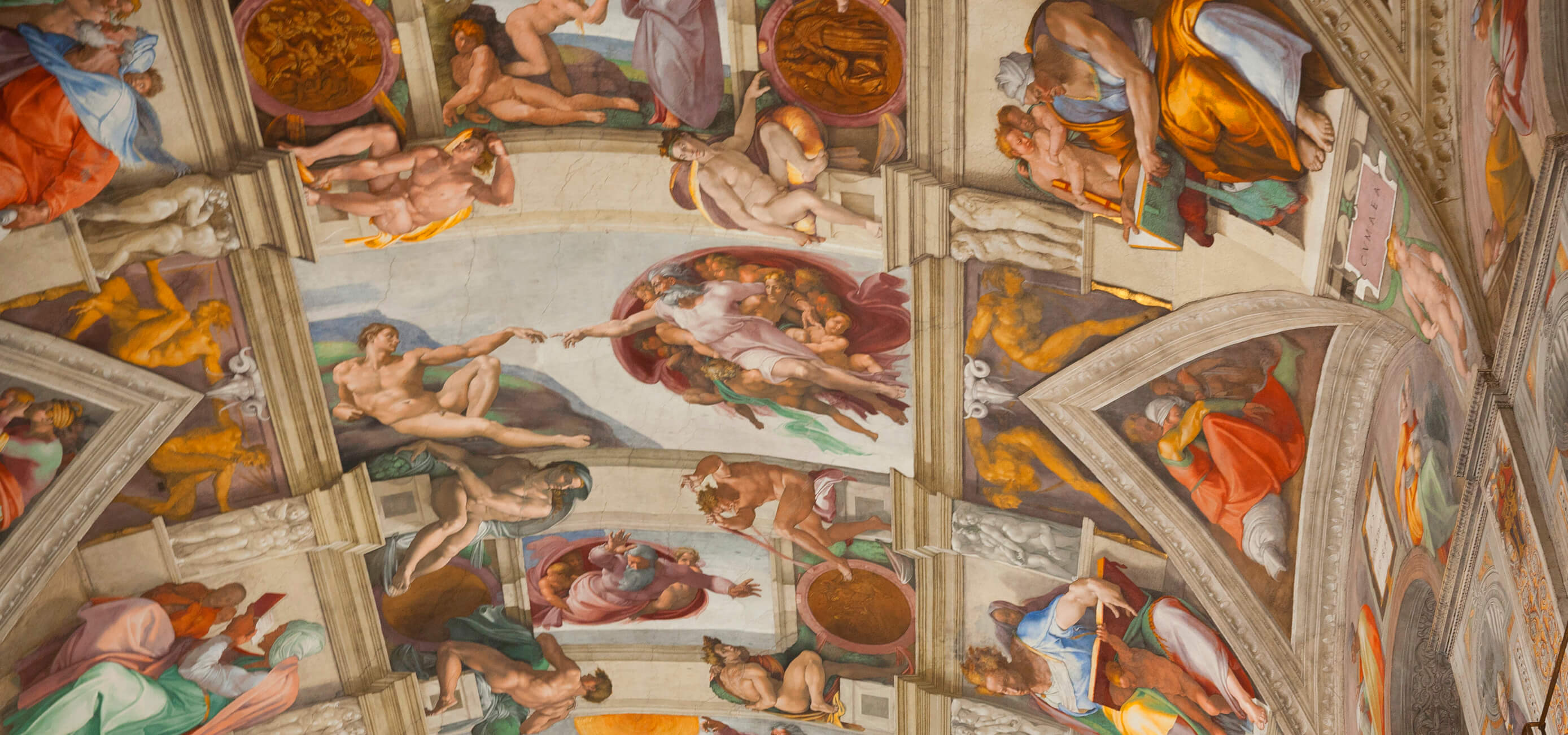
Pristine Sistine - The Chapel at its Best
€89
1794 reviews
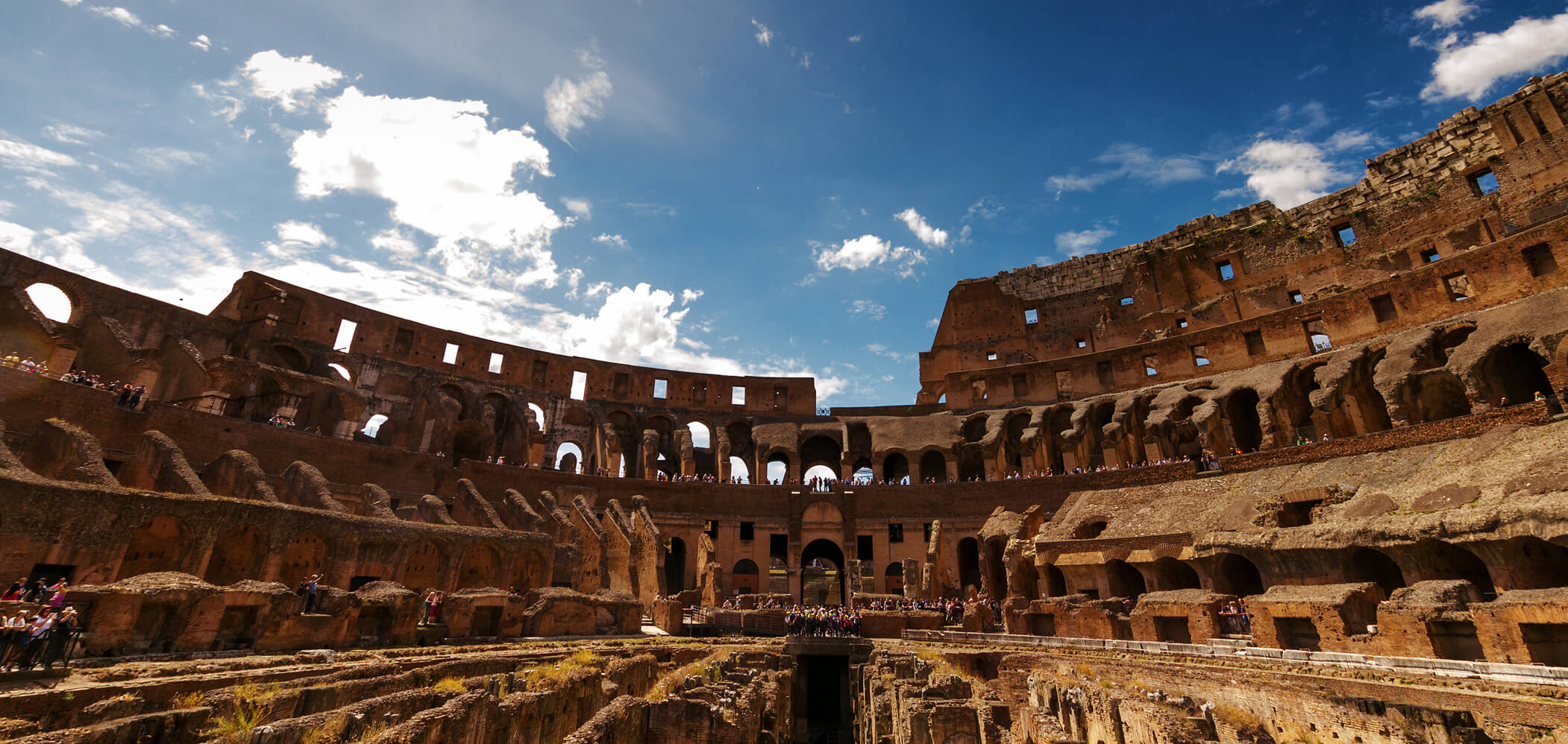
Premium Colosseum Tour with Roman Forum Palatine Hill
€56
850 reviews
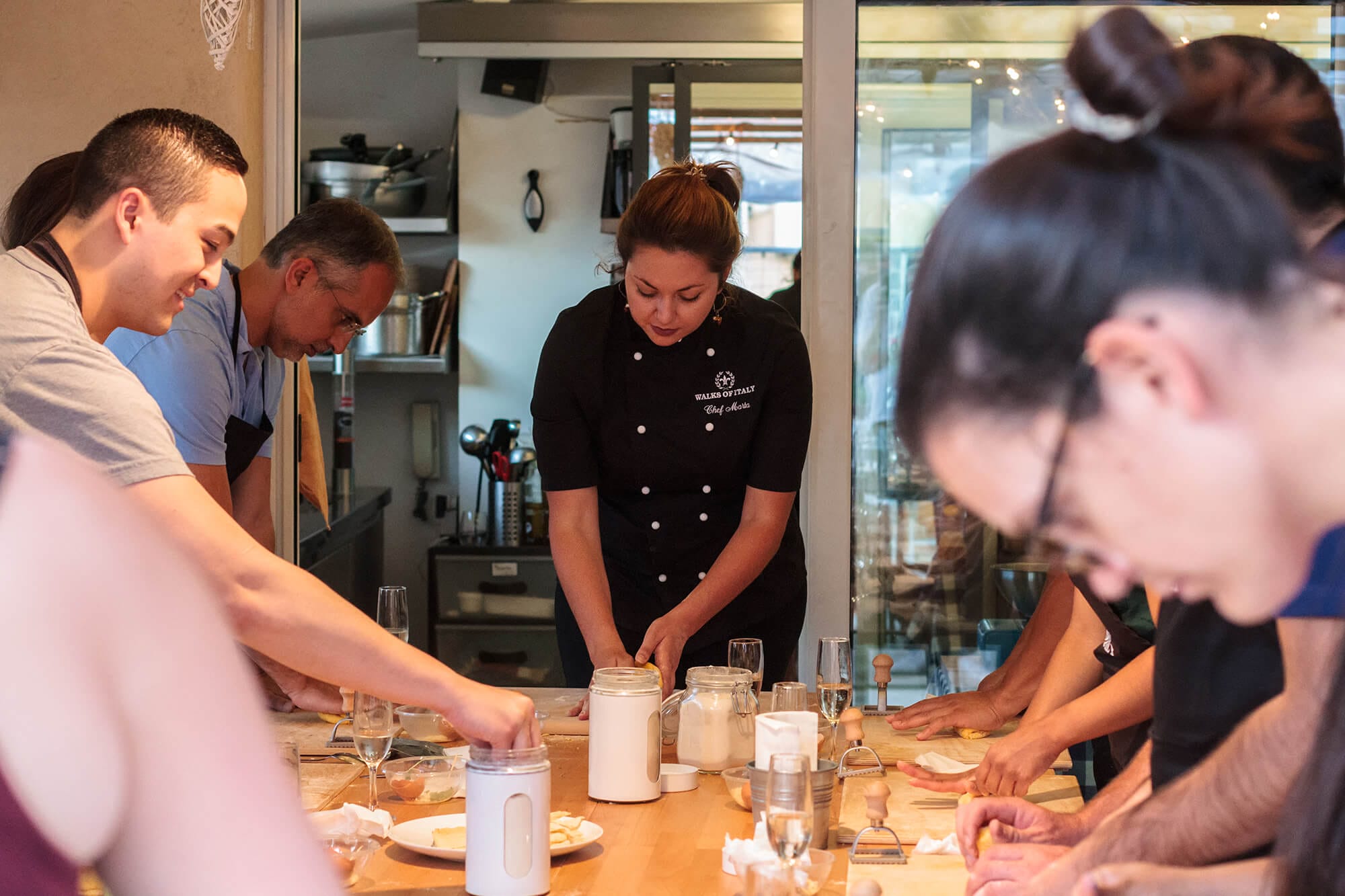
Pasta-Making Class: Cook, Dine Drink Wine with a Local Chef
€64
121 reviews
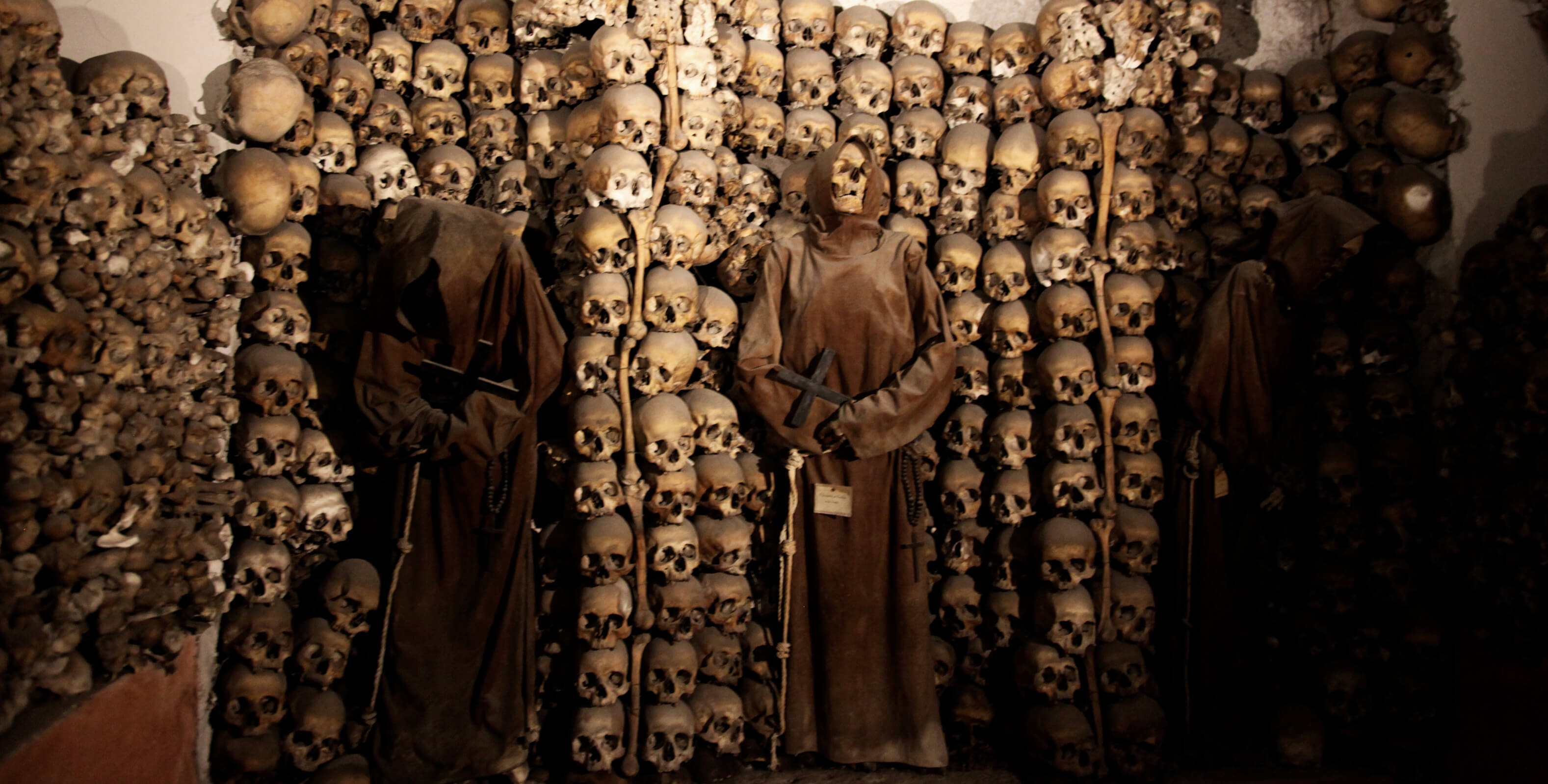
Crypts, Bones Catacombs: Underground Tour of Rome
€69
401 reviews
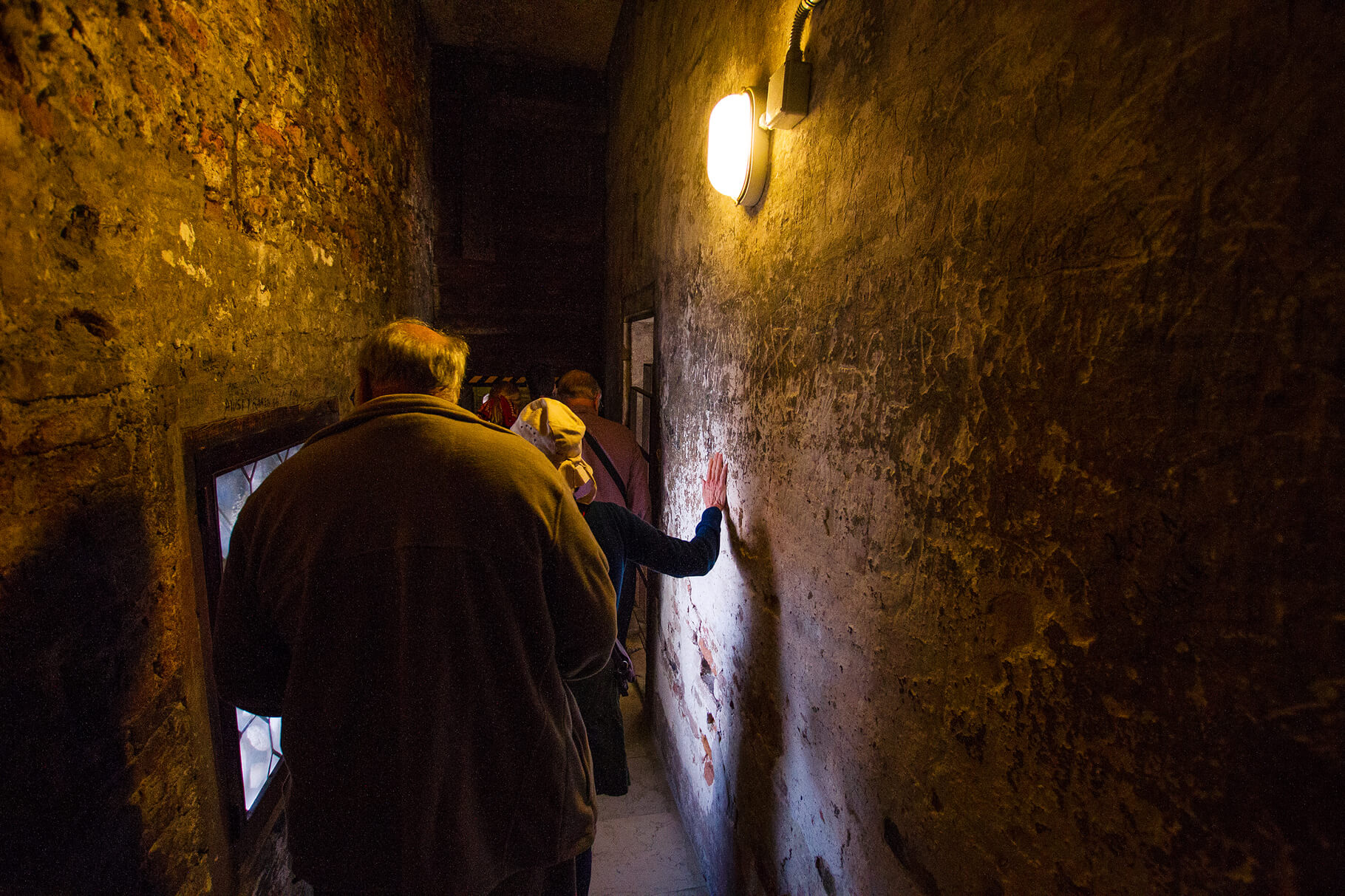
VIP Doge's Palace Secret Passages Tour
€79
18 reviews
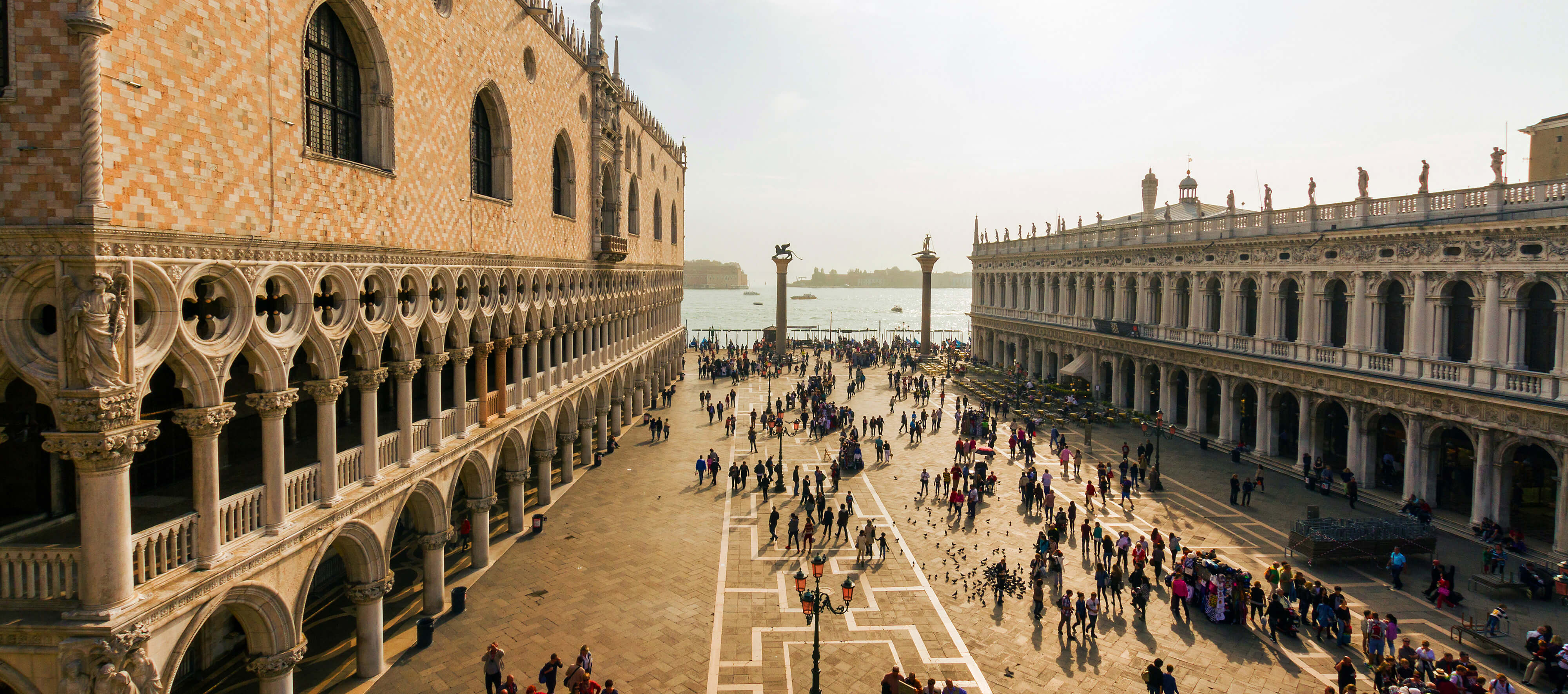
Legendary Venice: St. Mark's Basilica, Terrace Doge's Palace
€69
286 reviews




